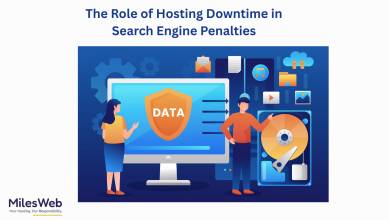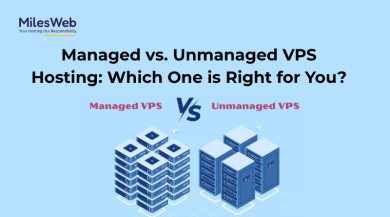Who should choose virtual hosting (shared): those looking for a low-priced, reliable option

The simplest kind of web hosting is shared hosting, sometimes known as just shared. In this scenario, each site is given access to a common storage space on the network. The biggest drawback of this type of hosting is that the resource owner has no control over the Server configuration. The site owner will not be able to make any modifications to the scripts or programs or add any new programs not included in the tariff plans. It gets its name from the fact that all of the programs and servers connected to the sites hosted on it are using the same IP address. Another drawback of this type of hosting is that if one site on the server is blocked by IP, then all the sites on the server will be prohibited as well. The inexpensive cost of shared hosting makes it a good option for personal websites and blogs that don't get a lot of traffic.
When compared to similar products, why is this one so much less expensive?
This type of hosting is thus appropriate for a business card website, a gift, a personal blog, or the most elementary online store, including one selling produced goods.
What kinds of websites benefit from using shared (virtual) hosting?
Any type of online assets can benefit from the use of a dedicated virtual server. Owners of high-traffic websites like online retailers and message boards frequently use VDS VPS renting.
A dedicated server with enough of resources will guarantee the site's flawless operation. Large sites are not always attracted by standard hosting. Also, many business website proprietors opt to use a virtual private server or virtual dedicated server (VPS-VDS) hosted elsewhere. A company's reputation, traffic, and revenue, as well as the satisfaction of its customers, all rest on the smooth operation of its websites. Many people believe that dedicated servers are ideal for any kind of website, since a plan can be tailored to include all of the features that are needed. If you need a certain amount of dedicated memory and processing power, you can select the plan that best suits your needs. Large sites are not always attracted by standard hosting. Renting a virtual private server (VPS-VDS) is also a popular option for business website owners. When it comes to the reputation, traffic, and revenue of a business, as well as the happiness and convenience of its customers, nothing is more vital than the smooth operation of its websites. It is widely held that dedicated servers are optimal for any kind of online presence because a plan may be tailored to specific requirements. You have the option of selecting a plan with the ideal combination of allocated memory and processing speed.
VPS and VDS Hosting
When are the situations where a VDS or VPS would be overpriced?
You shouldn't shell out more money for storage capacity when selecting a hosting service. Consequently, shared hosting, which is the most affordable option, is suitable for novices' modest sites. Assuming the site's popularity has increased, you may find that it is now more crowded than before. After all, everyone's projects share the same server. Any one of a hundred sites on the disk can cause serious issues for the other hosts by abusing the shared resource.
In this case, Virtual Private Servers (VPSs), which are independent physical servers within a Virtual Private Server (VPS), are the best option. CPU time, memory, and storage space are all distributed proportionally across VDS servers.
VDS's capabilities mirror those of a physical machine in every respect. Separate IP address is assigned to this service. The customer is able to process and act on a wide range of information rapidly enough.
Which virtual host should I use?
The following considerations are host-specific and should be made carefully: The amount of storage space available, the software and hardware resources available, the accessibility and responsiveness of customer service, and the affordability and reliability of hosting services.






